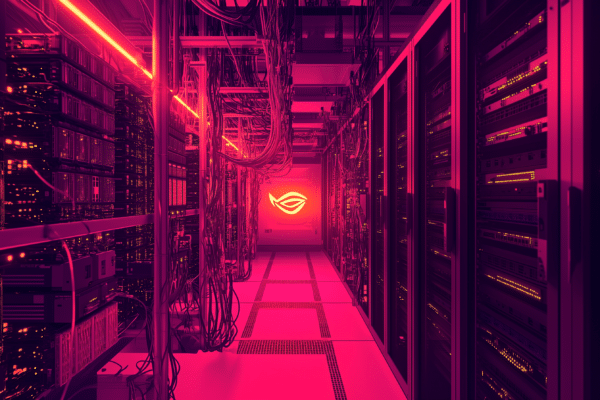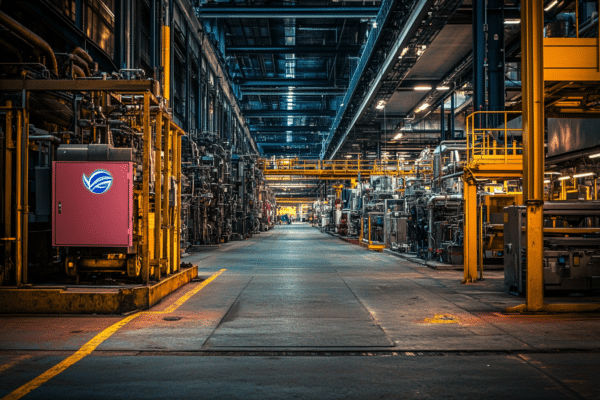HBM (High Bandwidth Memory) has become a headache for Samsung. This advanced type of memory is the reason why the South Korean company expected to increase its operating profit by 1,452% in the second quarter thanks to AI, but it is also the reason why Samsung has run into an internal crisis with its workers, seeing its direct competition, TSMC and SK Hynix, take an increasing distance.
HBM memory is a type of RAM used primarily in high-performance applications, such as graphics cards, supercomputers and servers. Its production has skyrocketed due to high demand for AI because of its high bandwidth, which allows large amounts of data to be processed quickly, its low latency that improves access and processing speed, and its power efficiency that reduces consumption in data centers. In addition, its 3D stacked design facilitates scalability, allowing it to handle significant volumes of data and parameters required for complex AI models. Support for ECC (Error-Correcting Code) ensures data integrity, essential in AI applications where errors can affect results.
As for SK Hynix and Micron, the U.S. chipmaker, they have all the pieces of the puzzle put together, Samsung is still trying to put theirs together and avoid an internal crisis. Its main goal is to go through all the tests and certifications to make its own HBM memory available on the market as soon as possible. In addition, it must avoid an exodus of its employees, who demand equal financial compensation to SK Hynix employees. The pressure is mounting for Samsung not only in terms of production, but also in talent retention, a critical factor in an industry where experience and know-how are vital to remain competitive.
With demand for HBM memory growing exponentially due to the proliferation of AI applications, it is imperative for Samsung to solve these internal challenges in order to capitalize on the emerging market and not fall behind its more agile and established competitors. Samsung's ability to innovate and adapt quickly will be key to its future success in an ever-evolving technology market. The company must not only accelerate its HBM production, but also ensure the satisfaction and retention of its employees, who are essential to the development and refinement of these advanced technologies.






